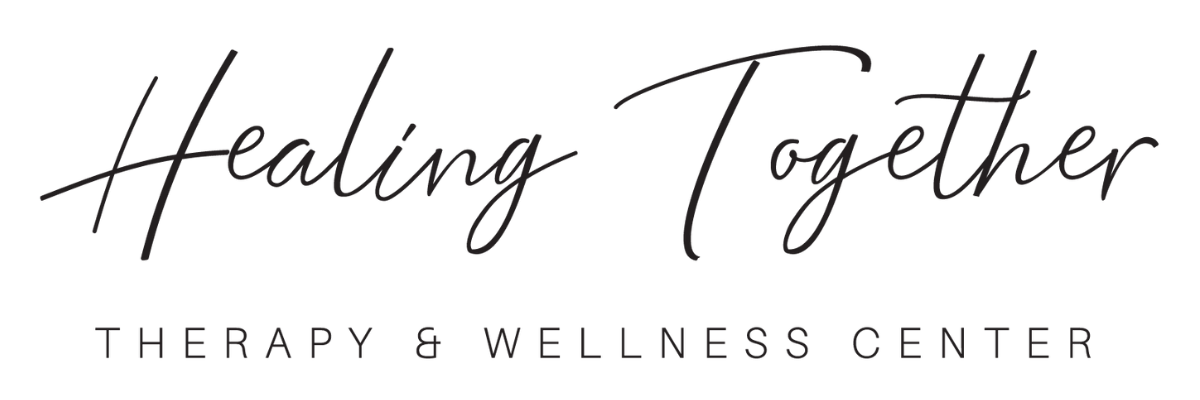
Family Therapy
Quality care for the whole family, supporting expat and multicultural families in South Korea
“In family life, love is the oil that eases friction, the cement that binds closer together, and the music that brings harmony.”
― Friedrich Nietzsche
Does your family need support connecting to the culture and one another while living overseas?
Families are as unique as the people who comprise them. We view each family as a larger system that is made up of different roles, relationships, identities, and cultural factors, which all influence how members relate to each other and view themselves in the world.
At certain intersections, the lifelong experiences of love, growth, change, and complexity may become a pain point in those relationships. When you’re looking for guidance in moving forward, Healing Together is here to help you.
Every family member’s perspective holds value
Usually, families come into therapy because one family member is struggling more than the others. However, there is value in including everyone in the family and getting each family member’s take on their view of the issue. Of course, sometimes children are too young to understand the conflict and so they wouldn’t be involved in the same way as older children and adults, or the conflict at hand may be developmentally inappropriate for the child. Our family therapists consider where everyone is at developmentally while respecting every family member's perspective and voice.
Honoring Your Family Culture and Values
We consider how different cultural identities may interact with each other in our work with your family, including the identity and background of the therapist. We use a holistic, multicultural lens in our treatment of every family. It’s important in therapy to explore how your background, identities, and your personal experiences may influence your family’s presenting concerns.
In working with multicultural and interethnic families,
we believe in the following values:
We are each multicultural beings
We each come with a generational history that is rich in meaning and significance. We recognize that differences should be understood, respected, and honored. The integration of our cultural backgrounds forms a mosaic of interconnected parts that are each valuable and worthwhile.
We bring unique and varied life experiences
Culture is one of the most primary influences on our identity, values, and how we relate to others. Two people who are facing the same problem may have different responses based on their experiences.
All perspectives are valuable and meaningful
No one perspective is above another. Every voice matters and can be learned from. When we speak from our vantage points, we are opening a window to new possibilities. This space can create opportunities for deeper understanding and empathy.
Who Do We Serve?
Holistic Treatment for Every Family
We serve families of all backgrounds who have been impacted by stress or mental health challenges. We treat every person with dignity and respect, regardless of racial identity, gender and sexual orientaion, socioeconomic status, and cultural background.
We know that every family is very unique and we consider that there is no one size fits all approach to therapy. In a way, every family is a culture in and of itself. We desire to get to know each family on a personal level and create the best treatment plan to fit their needs.
What To Expect
A typical family therapy session includes the following:
Examining the problem from multiple family member’s perspectives
Allowing each member of the family to share their views freely
Create goals that fits the needs of the family as a whole
Explore family roles and how each family member occupies them
Develop the use of healthy and effective boundaries within the family system
Allow members to identify emotional needs and communicate them in a new way
Listen actively, model empathy, and communicate constructively between members








